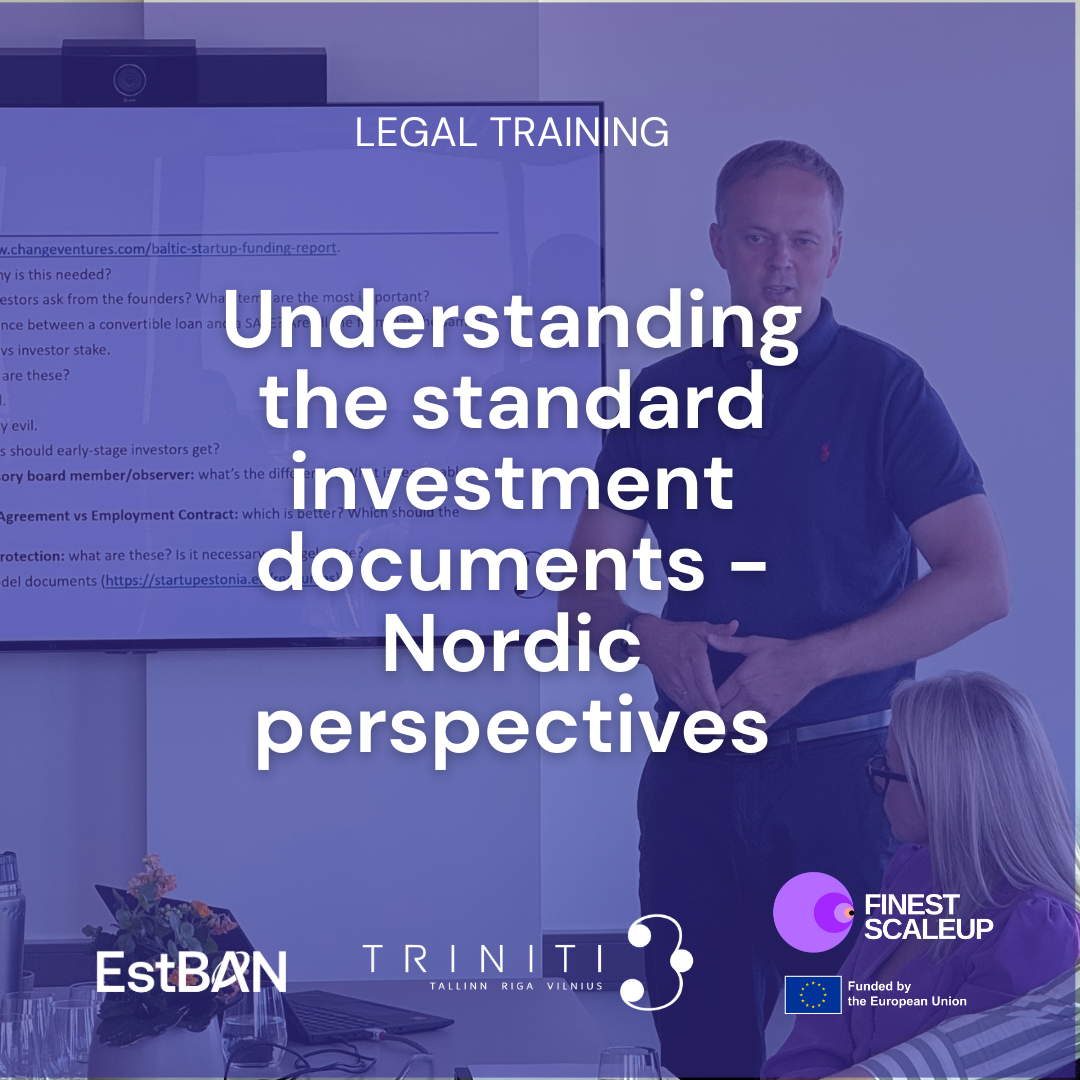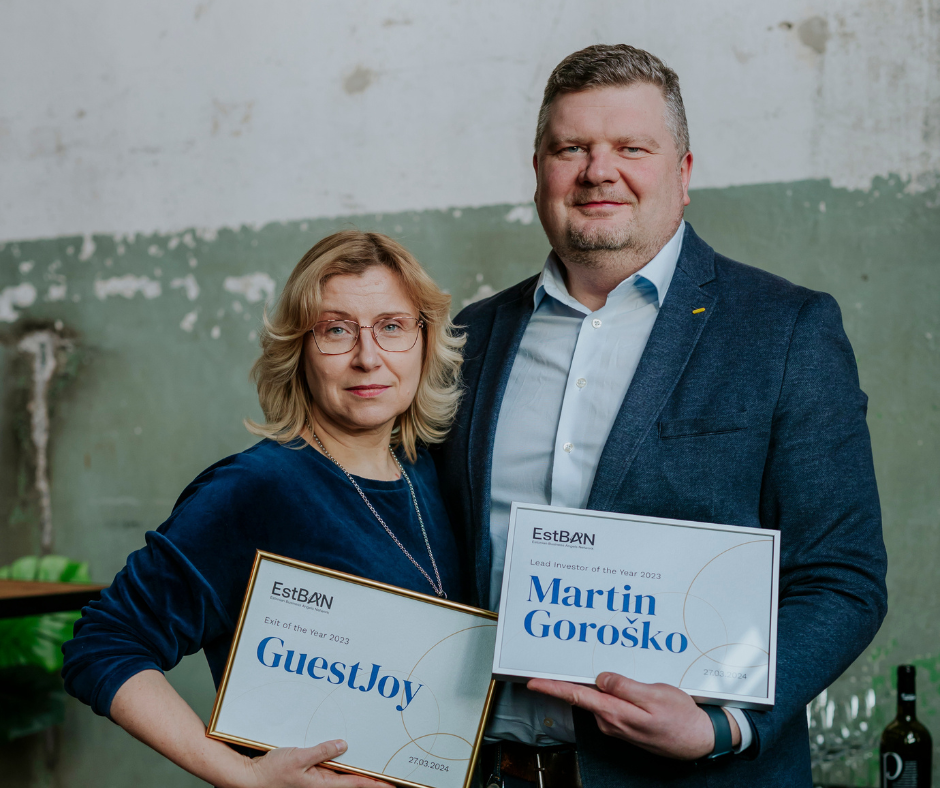Sushanto Mitra is a manager with experience in technology and finance. He is the Director of Hyderabad Angels and advisor to TIE Hyderabad Incubator. Prior to this he was the CEO of Society for Innovation & Entrepreneurship (SINE). He has had a diverse experience in working for Meghraj Financial Services, PriceWaterhouseCoopers and HCL Infosystems in sales, equity research and management consulting.
Sushanto was interviewed by Tarmo Virki, editor in Forbes Estonia magazine during his visit to Estonia and Finland in the beginning of June.
At one of the meetings during your visit you said that the life of an business angel group is very similar in Estonia and in India – how come?
It’s a very new field. It takes time to encourage more people. There have been few success stories outside the United States, Israel and Great Britain. That’s why it’s harder in our countries to get more people involved. I think it’s critical to have fifty members. When you have reached fifty, it grows faster and word of mouth spreads. Also the angel’s position in the ecosystem, between accelerators and VC-s has to be more institutionalized. It needs more structure to it.
We have around fifty members in Hyderabad Angels. In total in India we have six groups, some five hundred angels. Taking into account India’s population of a billion people – if the proportion would be the same in Estonia, there would be only half an angel. We should have many more business angels, but it takes time. Logically we should have fifty thousand business angels in India. Maybe we are not as entrepreneurial, so maybe twenty five thousand people would do.
India is known for big IT outsourcing services firms like Tata or TCL, not so much startups, so where are your business angels investing?
In the 1980s and 1990s venture firms invested in software services. This is a fairly mature market now and it no longer shows the kind of growth business angels would be interested in. Now business angels are investing in e-commerce, healthcare and software solutions. There are also a lot of opportunities in sectors which the government is exiting – not just IT and mobile, but even something as simple as non-tech companies: a dentist, a beauty salon, healthcare services in general. India is growing and there are opportunities available in sectors like good-quality beauty services, spas, logistics and agriculture. Healthcare is number 2 in venture capital. Energy is also a big sector, not just alternative, but also energy efficiency and traditional energy.
It seems that there are very many opportunities for so few business angels?
Venture capitalists are doing early stage investments in India and among business angel groups we work together – when there is not enough interest in our business angel group I call up colleagues in other cities in India.
What did the week in Estonia show?
Startups here are far more globally oriented than Indian startups. Presentations are very aggressive on marketing.
Estonians aggressive? Compared to Indians? Really?
Our presentations are longer, here you have to be faster. I have seen a fair amount of aggressive pitches. That is really good and impressive.
When flying back home, what will you be thinking over?I learned a lot about how an business angel group functions in Estonia and Finland.
It could be really interesting to have a global syndication of business angel investors – UK, India, Finland, Estonia. Businesses are becoming far more global than they used to be. Skype is a good example. The world is shrinking. Earlier you had to invest in your line of sight or driving distance. Now if you can make a skype call, that could be enough. Originally technology creation happened in Israel or in the United States. Post dotcom boom that has changed. It has become easier to build technology companies elsewhere, to build intellectual property oriented companies and commercialise technologies. Ten years ago when you heard the word “startup” you thought of Silicon Valley, now it could be Hyderabad or Tallinn. The technology startup world will become more diverse.




